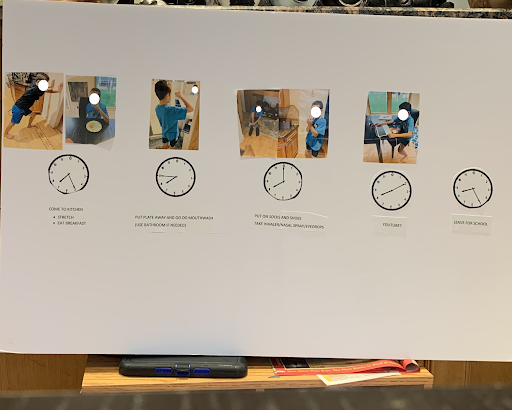How to Help Your ADHD Child Become More Independent—Without Power Struggles or Constant Reminders | Ryan Wexelblatt, LCSW | ADHD Dude

If you’re working to build independence in your child with ADHD, the first step is rethinking how you respond to them. The reality is this: lasting change doesn’t start with your child. It starts with you.
That might not be what you expected to hear. But when you understand what ADHD actually affects—and how executive function develops—you’ll see why most common parenting approaches miss the mark.
Let’s break down what actually helps ADHD kids become more independent.
ADHD Isn’t Just About Attention—It’s About Self-Management
Most people think ADHD is just trouble paying attention. But it’s more accurate to understand it as a delay in executive functioning—skills like emotional regulation, planning ahead, flexibility, and sensing the passage of time. These are the core skills kids need to become independent.
Many kids with ADHD struggle because these areas are still developing. That doesn’t mean they’re lazy or unmotivated. It means their brain development is following a different timeline.
Because of that, they often depend on their parents to manage their lives for them. While many parents focus on their child’s executive functioning, often throughout their school career, this can unintentionally create a pattern of dependence.
This is where change has to start.
To Build Independence, Scaffold Executive Function Skills
Supporting your child’s independence doesn’t mean pulling back and letting them sink or swim. It means putting supports in place that help them gradually learn the skills they need to function on their own.
This process is called scaffolding. And it works. Here are three specific ways to use scaffolding with your ADHD child:
1. Use Visual Timelines Instead of Written Checklists
Most written checklists assume your child already has strong working memory and task sequencing skills. But if those aren’t solid yet, checklists just create frustration.
Instead, use a visual timeline. This means showing your child—in photos or short videos—going through their daily routine step by step. When kids see themselves doing the tasks, it builds confidence and memory far more effectively than just reading a list. Here is an example of this strategy, which I teach in Executive Function Crash Course (ages 8-17).

2. Teach Skills Through Gradual Release of Responsibility
This teaching method involves slowly transferring responsibility over time:
- First, you teach the task.
- Then, you do it together.
- Next, you supervise while they do it.
- Finally, they do it on their own.
This helps ADHD kids build confidence through repetition and structure, not empty praise or abstract encouragement.
3. Stop Doing Things They Can Do Themselves
Many parents step in because their child resists or acts incapable. But continuing to rescue your child from tasks they can do creates a loop where they don’t learn or build confidence.
If they can do something—even imperfectly—let them. Skill-building requires practice, not perfection.
Expect Resistance: How ADHD Kids Push Back When You Foster Independence
When you stop doing everything for them, expect pushback. That’s not a sign it’s not working—it’s a sign it’s new.
They may:
- Complain or argue ("noise")
- Insist they can’t do it (learned helplessness)
- Use guilt to get help by saying things like “I’m stupid” or “You don’t care about me”, in an attempt to get you to rescue them from a non-preferred task. (emotional manipulation)
These are ways of avoiding discomfort, not signs that they aren’t capable.
Your role is to hold firm without reacting emotionally. This is a key skill we teach in the ADHD Dude Parent Behavior Training programs.
Inside the ADHD Dude Membership: Tools That Build Independence
The ADHD Dude Membership is structured parent training that works. Here’s what helps:
- Capable & Confident: Parent Behavior Training for ages 4-7
- Scaffolding Better Behavior: Parent Behavior Training for ages 8–17: Shows you how to reduce power struggles and lead with structure.]
- Executive Function Crash Course: This program helps your child build core executive function skills and independence (ages 8–17).
These courses align with the American Academy of Pediatrics and the Society for Child and Adolescent Psychology ADHD treatment guidelines.
Independence Comes from Experience, Not Encouragement
Kids with ADHD don’t develop independence just because they’re told they can do it. They build it by doing it, with support that gradually fades.
And that starts with how you lead them.
You don’t need to try harder. You need a better roadmap.
Visit ADHDdude.com to get started.











